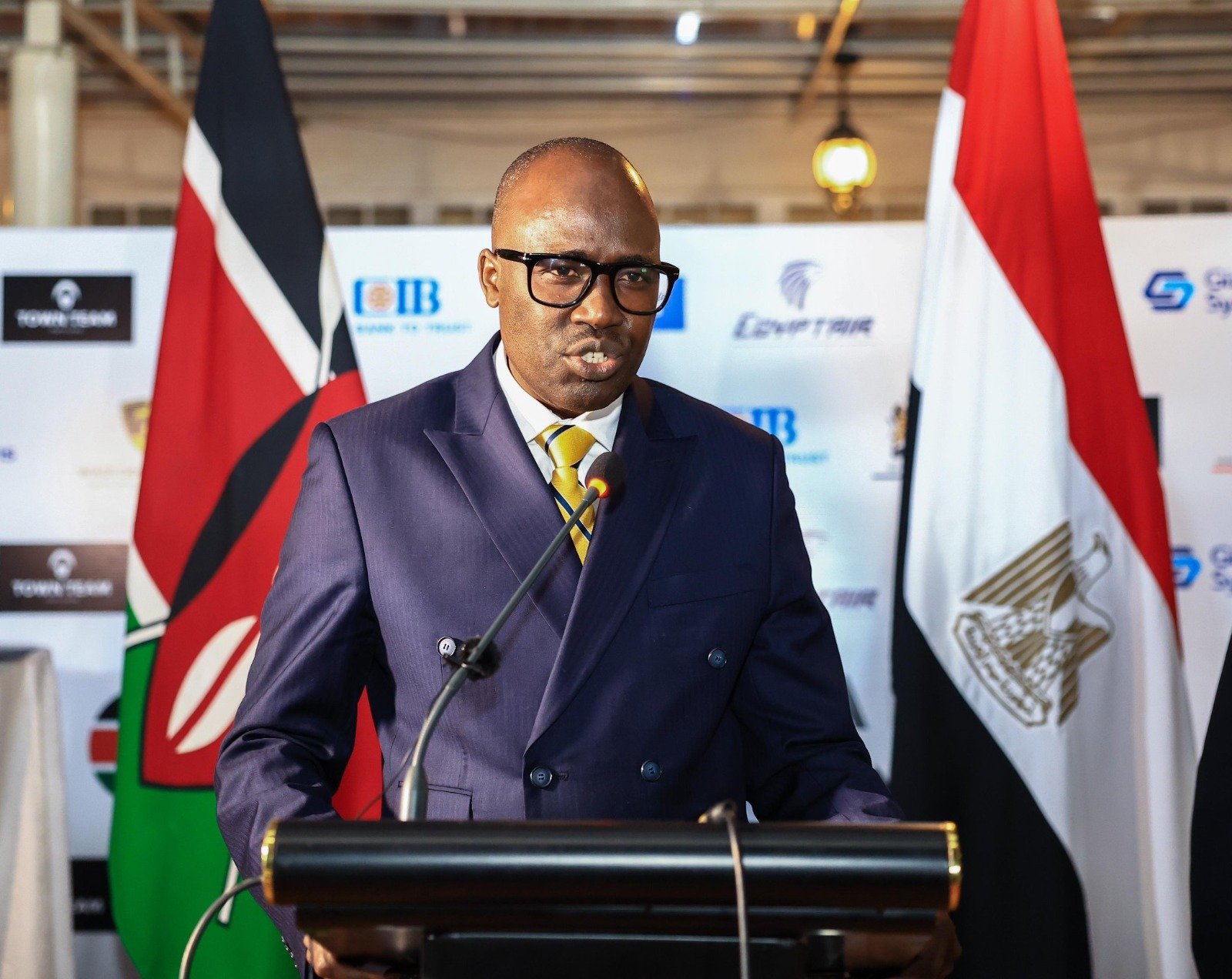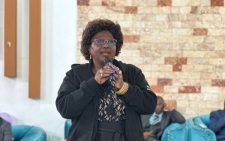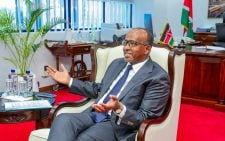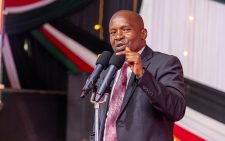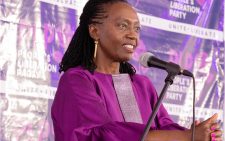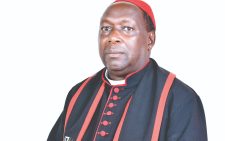Using literature to break coastal stereotypes
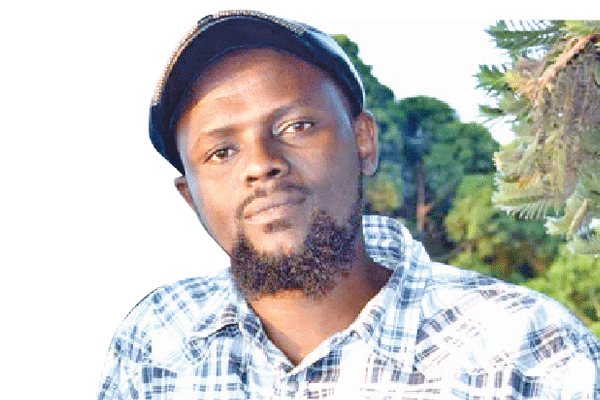
While boys and girls of his age were going through preteenage crisis, being stubborn and rude, young Abdulrahman ‘Abu Amirah’ Ndegwa would bury himself in books.
And as he grew, his mother introduced him to Western literature, folklores and war stories.
“At 13, I had read novels such as Elechi Amadi’s The Concubine and Chinua Achebe’s Things Fall Apart.
I also read children’s books such as Famous Five and The Hardy Boys. Books made more sense when I was in high school and later in my adulthood when I no longer read for fun, but with a keen eye trying to situate where fact and factuality lay and an overall interest in what goes behind writing a story,” Abu says.
By the time he completed high school, Abu had read a lot of his mother’s copies of Danielle Steele, Agatha Christie and Sidney Sheldon.
Author is born
“I liked how a literary story would drive a discussion in my family for an entire week. We would debate on Wahome Mutahi’s and Yusuf Dawood’s articles in a local newspaper.
My aunt’s and uncle’s discussion of The Concubine and Mine Boy by Peter Abrahams inspired me to write my first book in which the protagonist lived and died in less than four pages,” he recalls.
From then, for Abu, a visit to any town isn’t complete without checking out the local library or bookstore.
Abu’s short story, his first attempt at fiction, The Swahilification of Mutembei, was shortlisted for the Ugandan-based Writivism Short Story Prize (2016).
“During the Writivism Mentorship Process under South African-Nigerian writer Yewande Omotoso, I learnt on how to improve my characters, something that has helped me through my writing career,” Abu says.
“Early last year, I attended Miles Morland Foundation (MMF) Creative Writing Workshop in Bulago, Uganda, while dealing with the loss of a close person. I got lost in writing amazing literary conversations.
During the workshop, I wrote a memoir, Rock Bottom, which was later published by Kalahari in Botswana,” recalls the 37-year-old.
After the workshop, Abu also wrote another story, Little Birds, which is currently on the Writivism Prize list.
Abu is also a co-founder Hekaya Arts Initiative, a literary and cultural production platform.“Hekaya is Kiswahili for story or narratives.
We wanted an easy-to-pronounce title that resonated with our commitment to narratives in the East African writing coast.
I felt lonely as the only writer from the coastal region shortlisted for Writivism prize.
The need to keep conversations alive in the coast after the Mombasa Kwani? writing workshop also motivated me,” Abu says, adding that with Hekaya, he and the founders wanted to correct stereotypes that coastal people do not read, the Coast being only good for idyllic holidays and the residents being inherently lazy.
In March 2019, Hekaya hosted the well-received Swahili Literary Festival in Mombasa; which brought together scholars, contemporary writers and the public at large. Hekaya is currently working towards starting a Creative Arts Academy at the Coast with different art courses.
Hekaya has so far produced an online collection of short stories titled Jihadi Brides. Hekaya is venturing into mainstream publishing – during which they would publish Abu’s short story collection centring on gender-based violence, trauma and mental health.
Self-discovery
But how did Abu who was born and bred in Zimmerman, Nairobi, find his way to Mombasa and even fighting for Coast writers? “I moved to Mombasa in 2007 right after the General Election.
It was some sort of calling towards finding his place in the art industry. Raised a Kikuyu Christian, Abu reaffirmed his Somali heritage aged 18.
However, he speaks and reads his native language, Gikuyu fluently.
“I’m Muslim by religion. I know nothing of my Somali heritage. But years back, I discovered I was fictionalising my Somali father a lot in my short stories, although I have no plans of looking for him,” says Abu who was raised by a single mother, aunt and grandparents.
“I would also consider myself Swahili through adoption and adaption. Heritage is a fluid thing that morphs into whichever form that suits or shapes an individual to be their best self anytime.
While this triple heritage has filled me with more curiosity than identity, Islam has offered an unassuming ground where I can reconcile the three fronts. Islam has given me purpose in life.
It is the Swahili lifestyle that has influenced my writing immensely. I have invested my time and energy in promoting art and literature from the Coast. I feel this triple heritage makes me a better human being,” Abu says.
Apart from writing, he works as an administrator at an Islamic resource centre in Mombasa and is pursuing a degree in psychology. Abu is also a husband of one wife and a father of two girls.
“My family keeps me grounded, my writing keeps me sane, and my day job keeps us fed,” he says.
